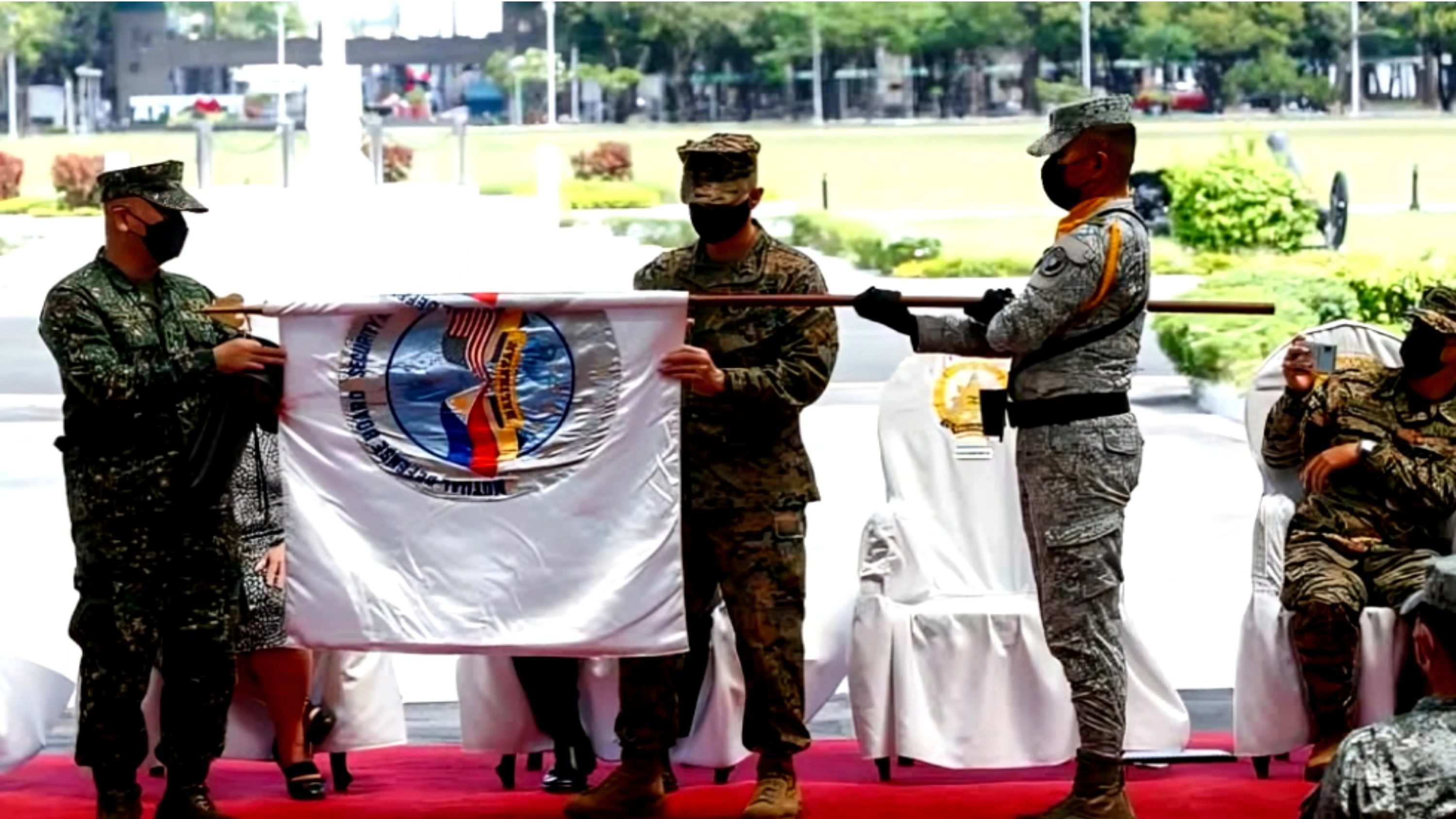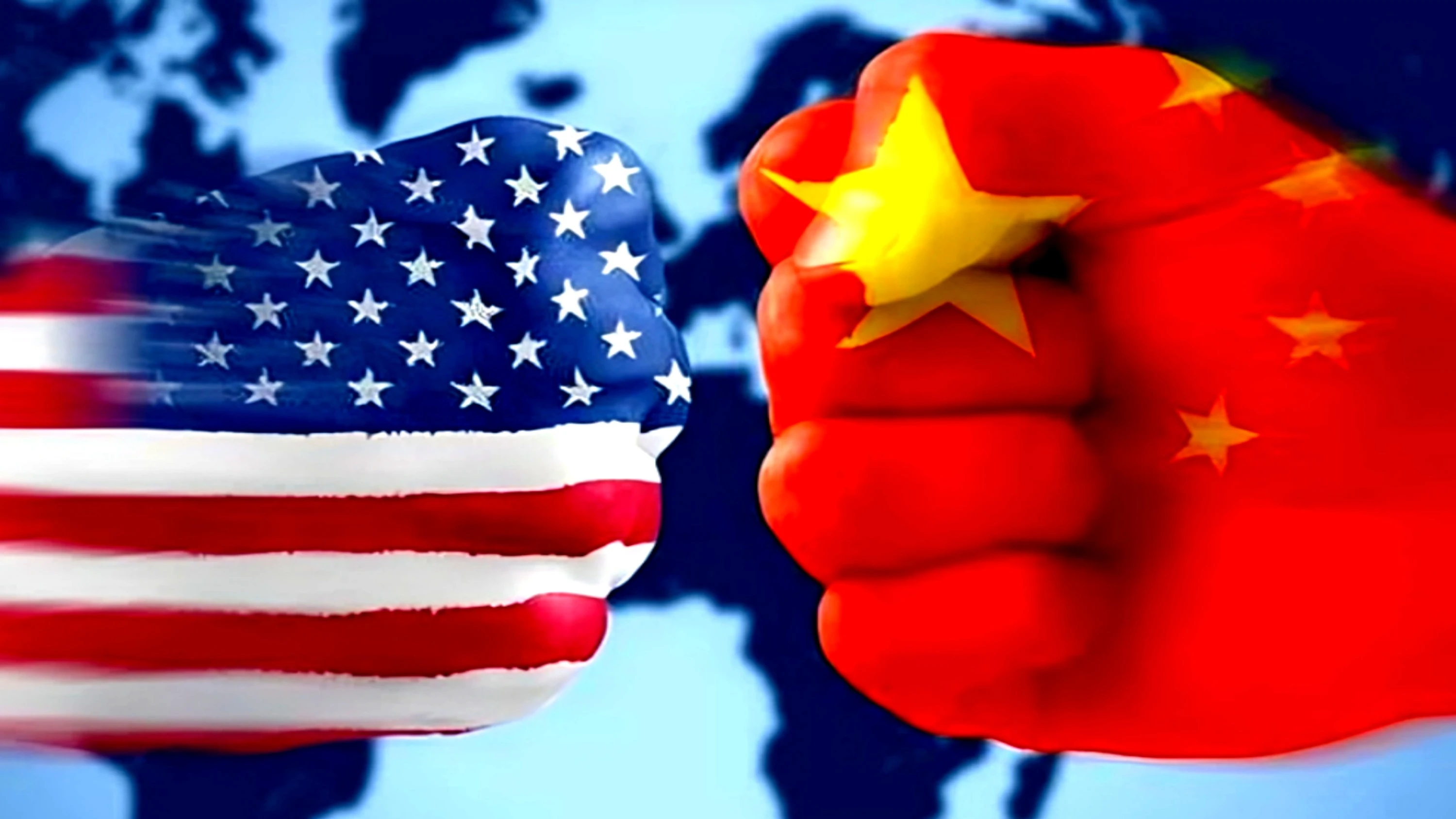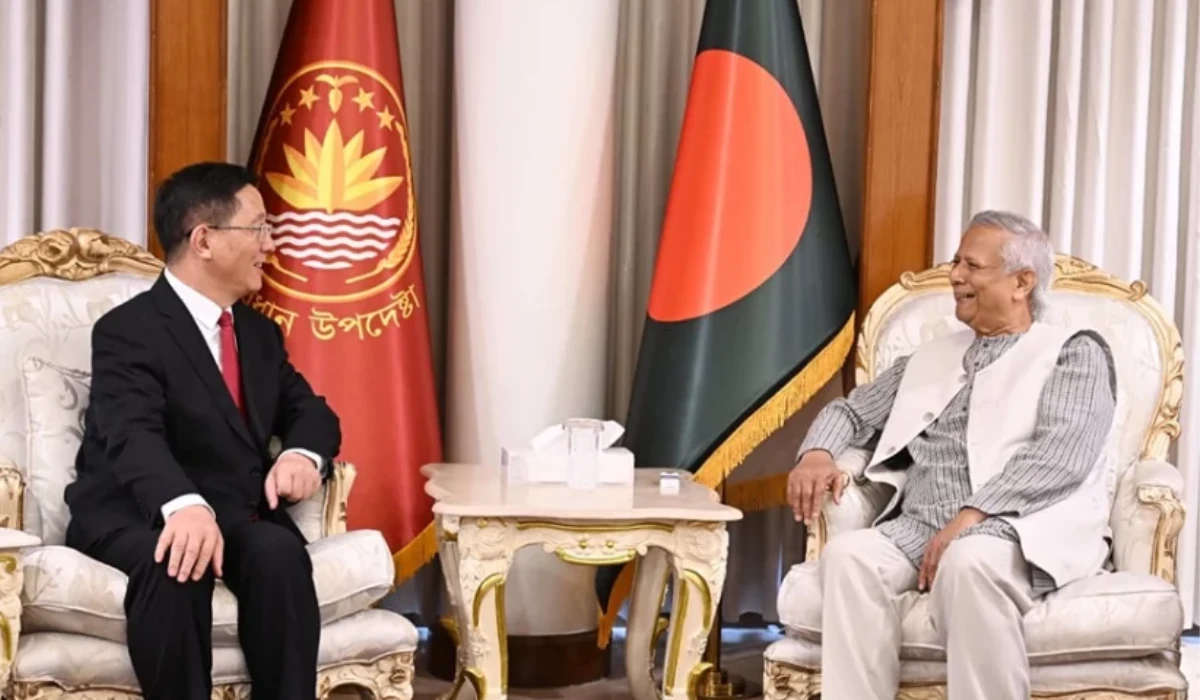Manila: Over 14,000 troops from the Philippines and the United States launched their annual “Balikatan” (shoulder-to-shoulder) military exercises on Monday, amid growing security concerns in the Asia-Pacific, particularly in the South China Sea.
Running until May 9, this year’s joint drills will serve as a comprehensive battlefield readiness test for the long-standing allies. The exercises are expected to feature advanced U.S. weaponry, including the NMESIS anti-ship missile system and HIMARS rocket launchers, while Filipino forces will also conduct live-fire testing of their newly acquired missile systems.
U.S. Lieutenant General James Glynn, leading the American side of the drills, said the operations aim to assess the joint capabilities of both forces through a series of complex scenarios such as repelling missile attacks, maritime defense, and a live naval strike on a retired Philippine Navy ship.
“These full-scale exercises reflect the realities of today’s regional security landscape, with particular focus on the South China Sea,” Glynn explained during a press briefing.
This year, around 9,000 U.S. personnel and 5,000 Filipino troops are involved. Additionally, smaller contingents from allies like Japan, Australia, Canada, the UK, and France are taking part, with 16 more nations observing the drills.
Although the exercises come amid heightened tensions in the South China Sea and around Taiwan, Major General Francisco Lorenzo, the Philippine side's exercise director, emphasized that the drills are defensive in nature and not aimed at any specific nation.
“The goal is deterrence—preventing any external coercion or possible aggression toward our country,” Lorenzo said, adding that the operations might also help dissuade conflict near Taiwan.
China responded strongly, with foreign ministry spokesperson Guo Jiakun warning against using the Taiwan issue to justify increased military deployments in the region.
“We urge all parties not to provoke on Taiwan-related matters. Those who play with fire will ultimately get burned,” Guo said during a press conference.
Tensions between China and the Philippines have grown recently due to repeated confrontations between their coast guards in disputed areas of the South China Sea, where Beijing claims nearly total sovereignty.








